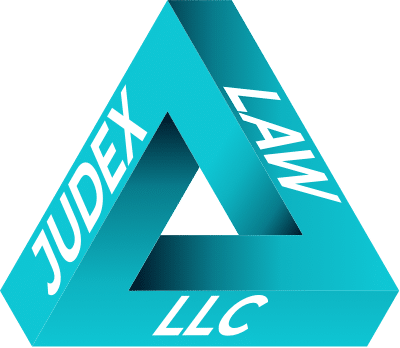In late September 2021, the Financial Industry Regulatory Authority (FINRA) announced that it had formally adopted a new rule that addresses firms with a history of misconduct. Rule 4111 (Restricted Firm Obligations), which the Securities and Exchange Commission (SEC) approved in July, enables FINRA to impose stricter obligations on firms and broker-dealers with a significant history of misconduct. Here’s what you need to know about this new rule.
Implications of Rule 4111
With the adoption of Rule 4111, FINRA can address “risks from broker-dealers with a significant history of misconduct, including firms with a high concentration of individuals with a significant history of misconduct.” FINRA may use “numeric, threshold-based criteria” to impose new obligations on such broker-dealers. For instance, FINRA may require a firm to deposit cash or qualified securities in a separate, restricted account to protect the public interest. FINRA’s goal is to use a direct financial impact to compel changes in firms’ behavior.
A Multi-Step Process
FINRA announced that it plans to use a multi-step, annual process to determine whether a firm qualifies as a “Restricted Firm.” First, FINRA will examine the number of firm-level and individual-level disclosure events to assess overall risk. When a firm is identified as higher-risk, FINRA provides the firm with the opportunity to voluntarily reduce its workforce and the chance to request a hearing before a FINRA Hearing Officer. Once FINRA labels a firm a “Restricted Firm,” FINRA may compel the firm to establish a Restricted Deposit Account. This account provides a financial incentive for the firm to change its behavior.
Moving Forward
The adoption of this new rule supports FINRA’s ongoing efforts to enhance “its programs to address the risks that can be posed to investors and the broader market by individual brokers and member firms that have a history of misconduct.” While FINRA is acting in the interest of the public, many firms and broker-dealers may find themselves unfairly restricted and penalized as a result. If you have been subjected to an inaccurate or false disclosure, contact a trusted securities law attorney right away to discuss your options for defending your professional reputation and your future.
Reach out to Judex Law LLC today at (303) 523-4022 to speak with an experienced securities law attorney.

